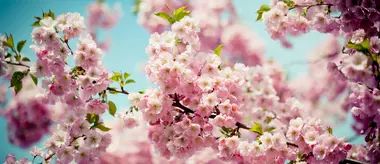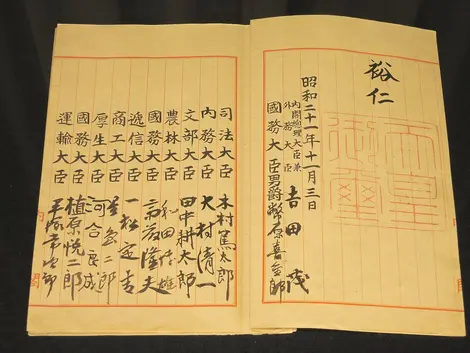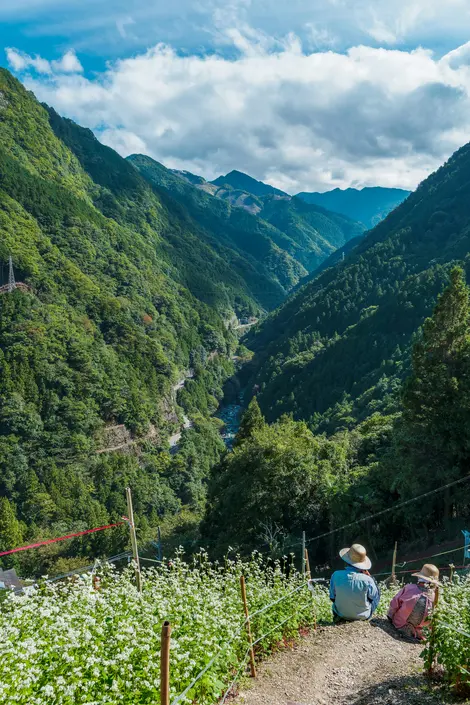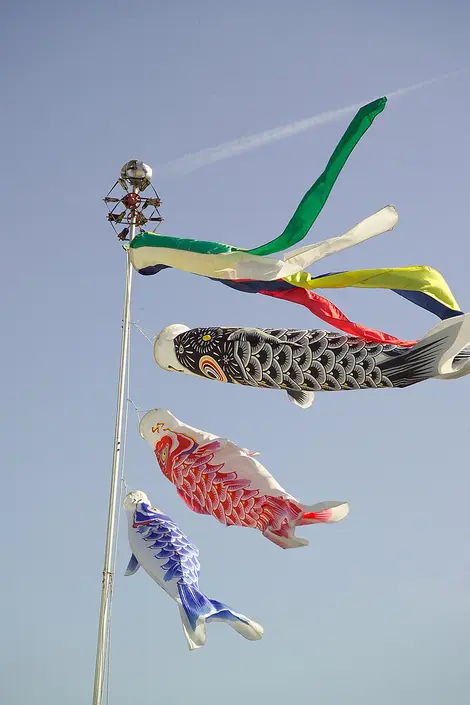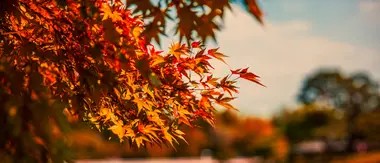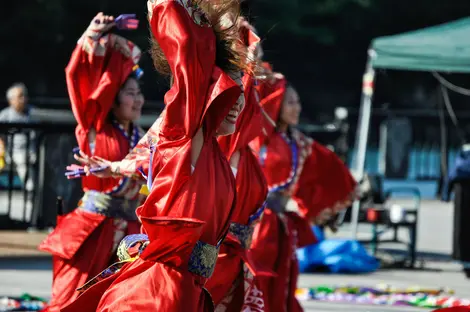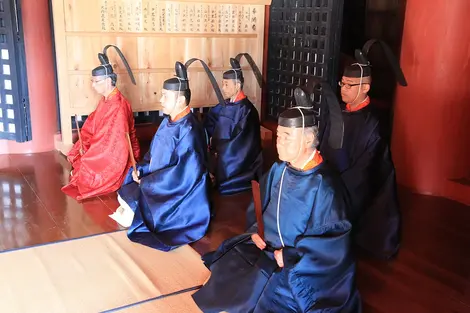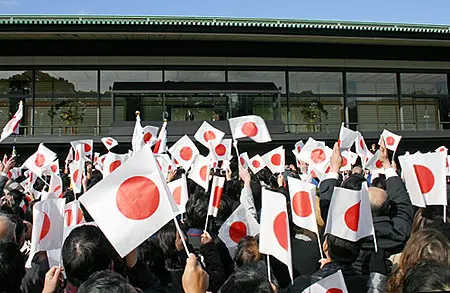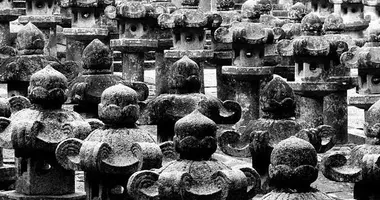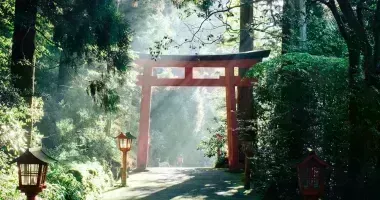National Holidays in Japan
- Published on : 14/04/2025
- by : Rita El.manaa
- Youtube
Japan, while a model of efficiency, places great importance on its public holidays. They provide an opportunity for people to relax, celebrate cultural or historical events, and sometimes travel around the country. Unlike other countries, Japan has more public holidays but fewer extended vacations, reflecting a unique balance between work and rest.
January
-> January 1 - New Year (Shōgatsu)
New Year's Eve is one of the most important holidays in Japan. Most shops and businesses close, and the Japanese generally spend this period with their families, praying for good fortune in the year ahead.
-> January 2 and 3 - New Year's Eve (Shōgatsu continues)
These days are also considered public holidays to extend New Year's celebrations.
February
-> February 11 - National Foundation Day (Kenkoku Kinen no Hi)
This day commemorates the founding of Japan and the ascension of the first legendary emperor, Jimmu, to the throne.
March
-> March 20 or 21 - Vernal Equinox Day (Shunbun no Hi)
This day marks the vernal equinox, a time to honor ancestors and celebrate the change of season.
April
-> April 29 - Showa Day (Shōwa no Hi)
April 29 marks the birthday of Emperor Shōwa (Hirohito). This day is an opportunity to remember the milestones of his reign and celebrate the Showa period.
Golden Week begins
Golden Week is one of the most important periods of the year in Japan. It generally takes place between late April and early May and features several consecutive public holidays, including Showa Day, Constitution Memorial Day, Greenery Day and Children's Day.
For many Japanese, this is a rare opportunity to take an extended break, travel around the country, or enjoy local festivities. However, it's also a busy time of year, with crowded public transport, quickly sold-out hotels and crowded tourist sites.
May
-> May 3 - Constitution Memorial Day (Kenpō Kinenbi)
This day celebrates the adoption of Japan's pacifist constitution in 1947. It is one of the important days of Golden Week.
-> May 4 (observed as bank holiday on May 6) - Greenery Day (Midori no Hi)
A day dedicated to nature and the environment, often celebrated with walks or visits to parks.
-> May 5 - Children's Day (Kodomo no Hi)
The last day of Golden Week, celebrating children, their well-being and their future, with carp decorations and prayers for their health and happiness.
June
❌ No national holidays ❌
July
-> July 20 - Marine Day (Umi no Hi)
This holiday celebrates the oceans and sailing, with many sea-related activities, including festivals and fireworks.
August
-> August 15 - Obon
Although not an official national holiday, many businesses close during this period. Obon is an important occasion for the Japanese to pay homage to the souls of ancestors.
September
-> September 21 - Respect for the Aged Day (Keirō no Hi)
This day is dedicated to the elderly. The Japanese pay tribute to their wisdom and experience.
-> September 23 - Autumn Equinox Day (Shūbun no Hi)
Similar to the spring equinox, this day is marked by family ceremonies in honor of ancestors.
October
-> October 10 - Health and Sports Day (Taiiku no Hi)
A day to promote health and sports, with numerous sporting events across the country, including races and school competitions.
November
-> November 3 - Culture Day (Bunka no Hi)
A day to celebrate culture, art and science, often marked by award ceremonies for artistic achievements.
-> November 23 - Labor Thanksgiving Day (Kinrō Kansha no Hi)
A day dedicated to honoring the Japanese worker, but also to celebrating the harvest and agriculture.
December
-> December 23 - Emperor's Birthday (Tennō Tanjōbi)
The Emperor's birthday is a national event, often marked by celebrations and ceremonies at the Imperial Palace.
Public holidays in Japan are not only a way for the Japanese to celebrate their history and culture, but also to mark important social events, ranging from respect for elders to the preservation of traditions.

